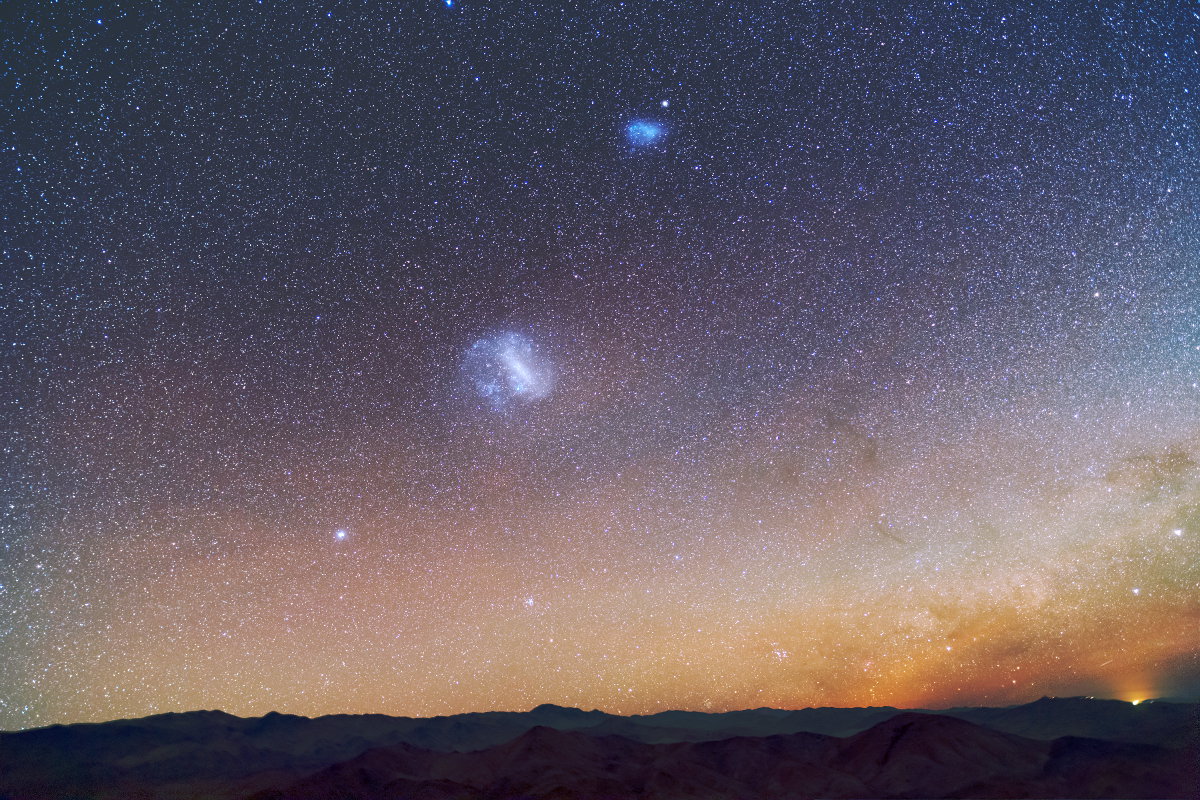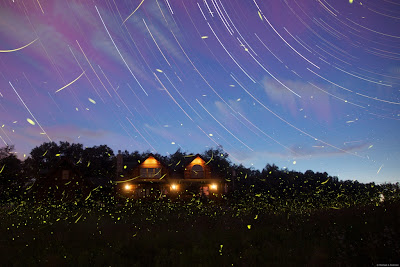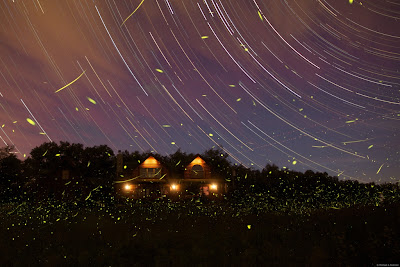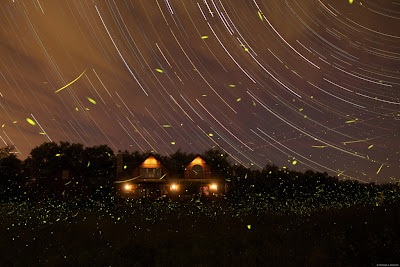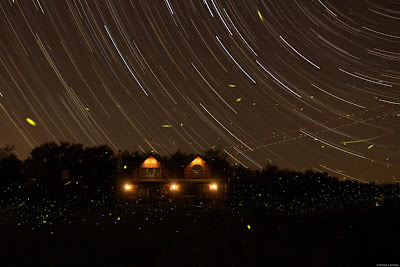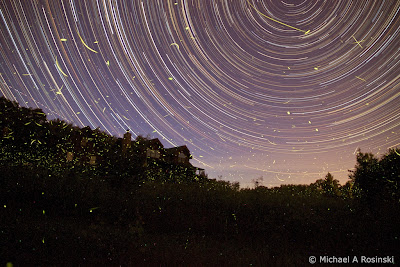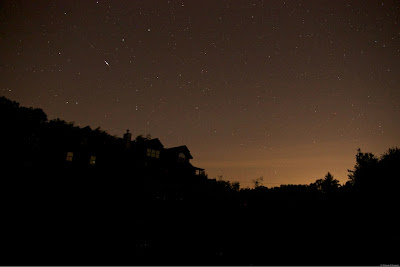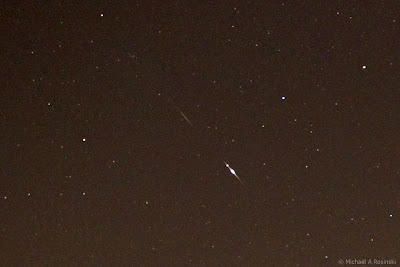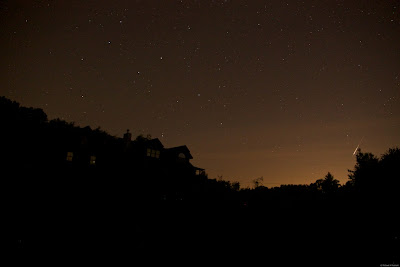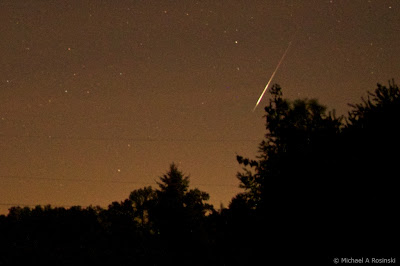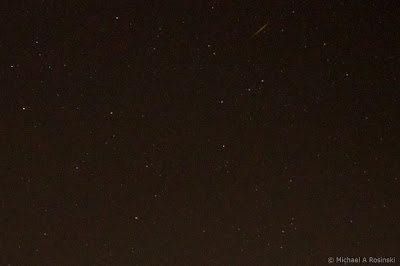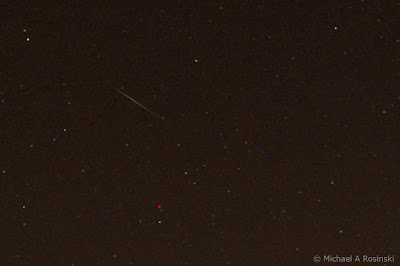Copyright: Jesús M. Vargas (Astrogades) & Maritxu Poyal (Maritxu)
http://www.sky-astrophotography.com
Caption: IC443 - IC444 - Sh2-249
Tech details: Place: MayHill, New Mexico (USA) MPC H06 - 31 January 2012
Photographic telescope: Takahashi FSQ-106 - 530 mm f/5
Mount: Paramount PME
Capture CCD: SBIG STL-11000M
Exposure time: 28 x 240 14xSII 240 14xOIII 240 h-alpha
Copyright: Terry Hancock
http://www.downunderobservatory.com/
Caption: Captured over 2 nights, the 14th and 15th July, I was oblivious to the fact that Comet Lemmon was visiting this neighborhood

, when I processed this at first I thought I had captured aircraft lights.
So much happening in this barrage of a cosmic garden with the M52 Cluster (top center) The Bubble Nebula NGC7635 (left of center), the emission and reflection nebula NGC7538 (lower central area) and Sharpless 157 or otherwise known as The Lobster Claw Nebula (bottom left) and Comet Lemmon in the upper right.
Total Exposure time 8.5 hours
Tech details: Location: DownUnder Observatory, Fremont MI
Date of Shoot: July 14th, 15th 2013
H-Alpha 240 min 8 x 30 min H-Alpha 7.5nm bin 1x1
RGB 270 min 6 x 15 min ea RGB, bin 1x1
Camera: QHY11 monochrome CCD
http://www.astrofactors.com
QHY Color Filter Wheel
Optics: TMB92SS F5.5 APO Refractor with TS 2.5" Field Flattener
Paramount GT-1100S German Equatorial Mount (with MKS 4000)
Image Aquisition software Maxim DL5
Registed, Calibrated and Stacked in CCD Stack
Post Processed with Photoshop CS5
Copyright: Damian Peach
http://www.damianpeach.com/
Caption: Excellent seeing here last night allowed a fine view of Saturn to coincide with Cassini's much talked about Saturn/Earth portrait shot. This image was taken shortly before Cassini's photo run. Some faint diffuse spots can be seen on the disk but otherwise things look quiet.
